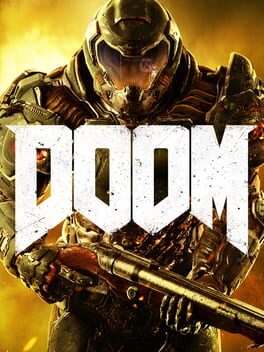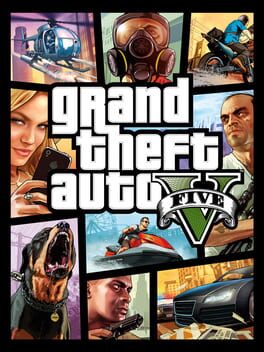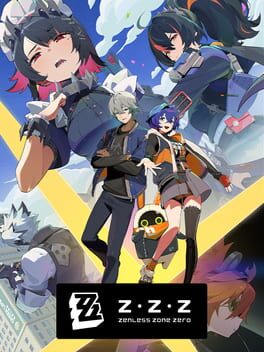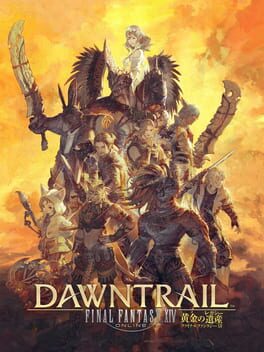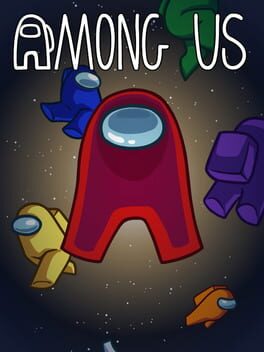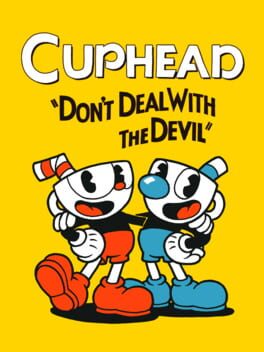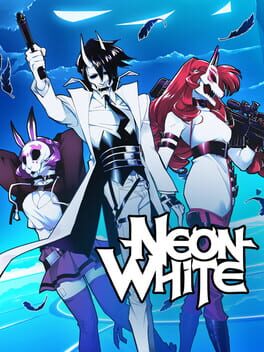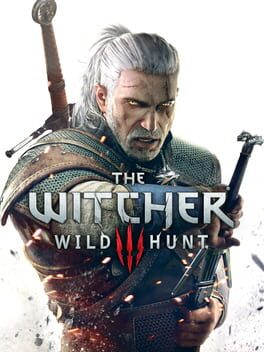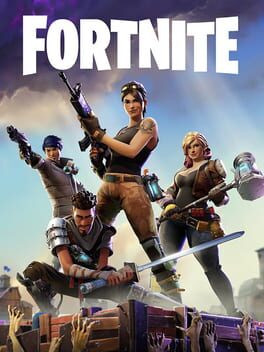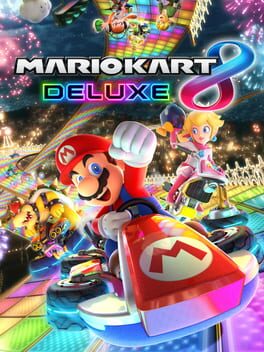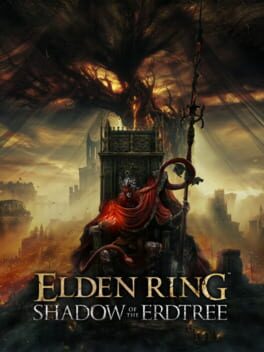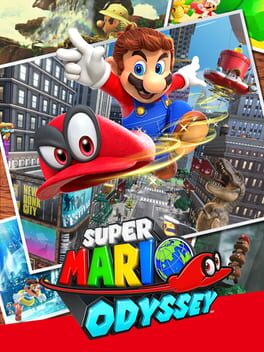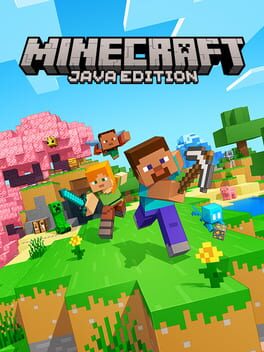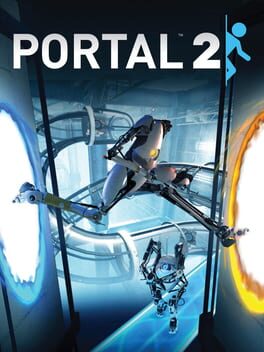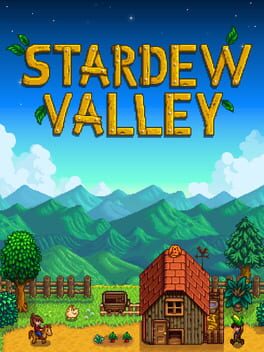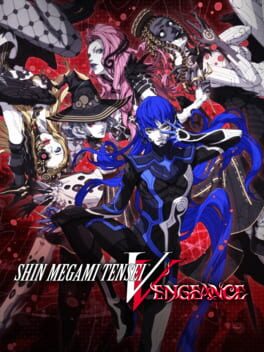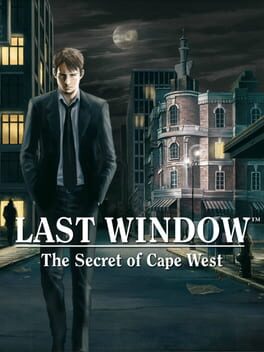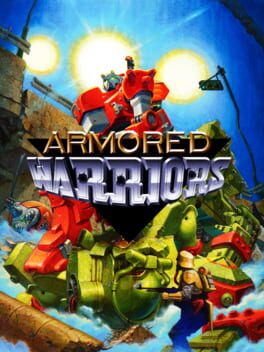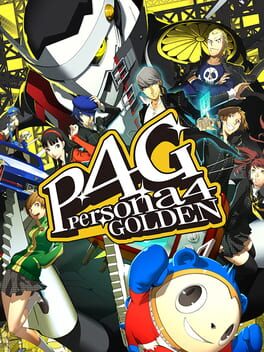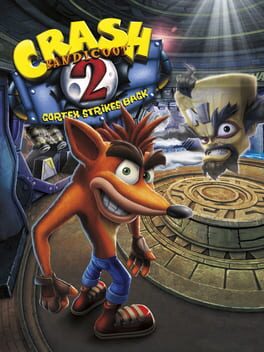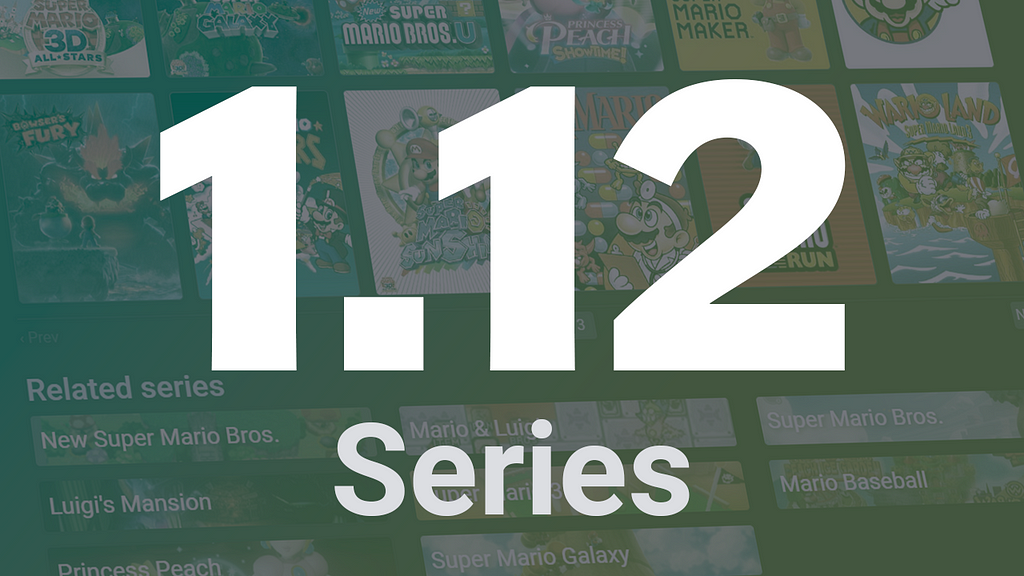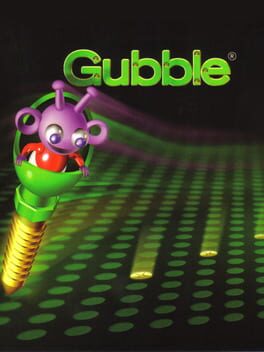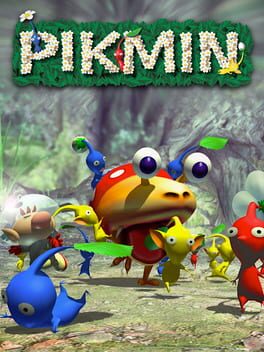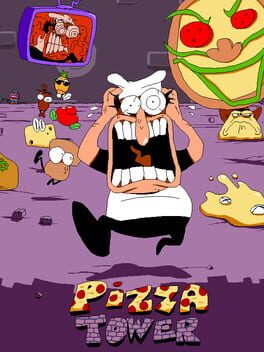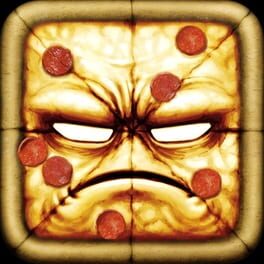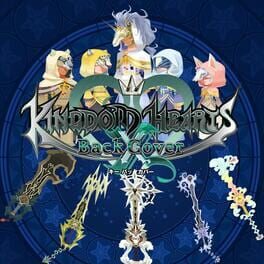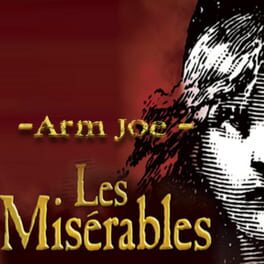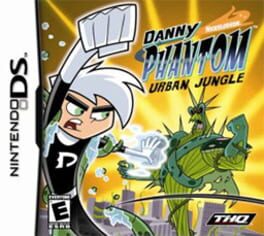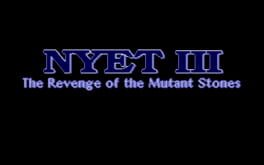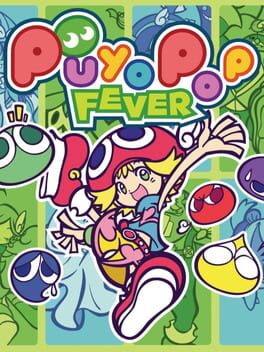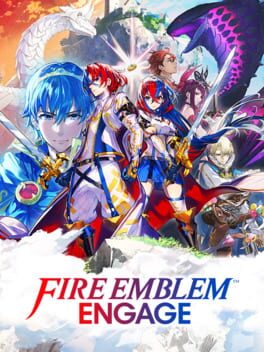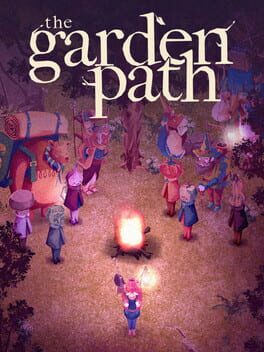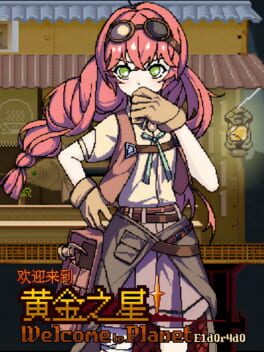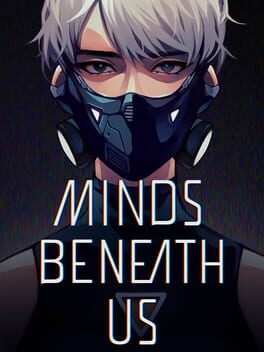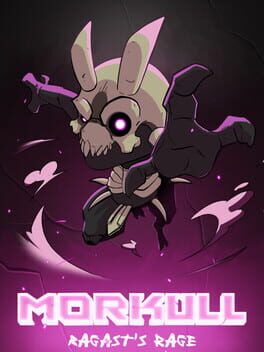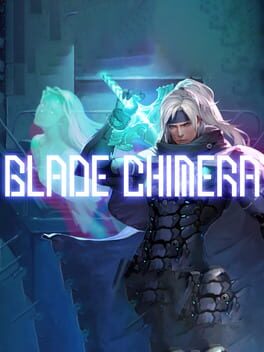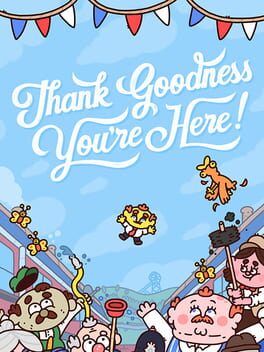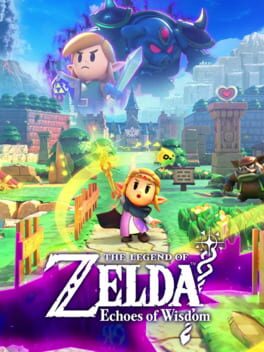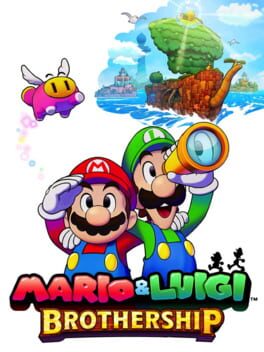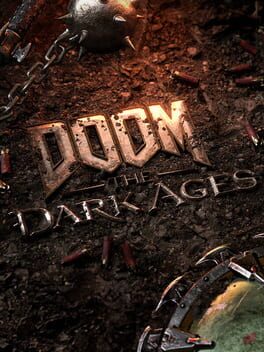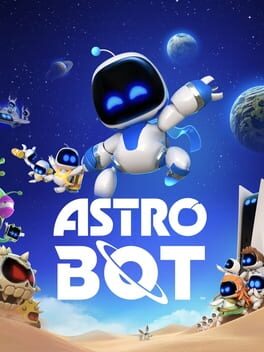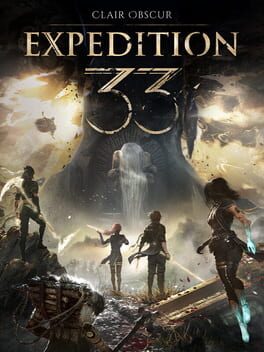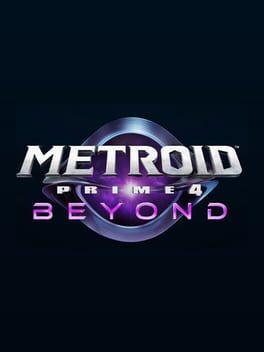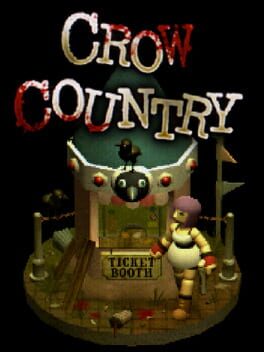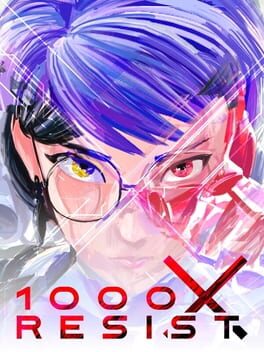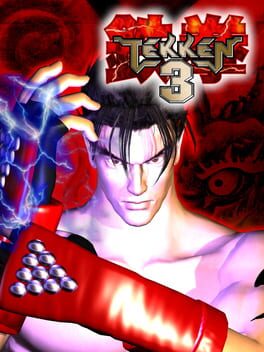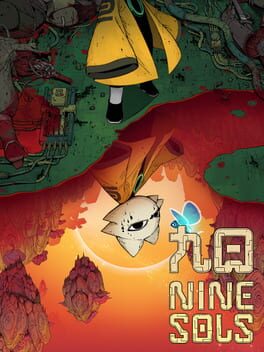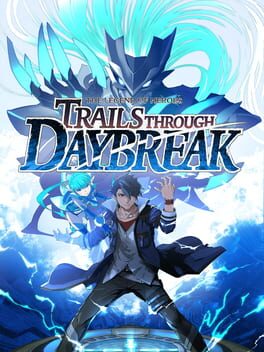
Discover, collect, analyze your games
Played
24.9M
Games
193K
Ratings
14.7M
Reviews
1.68M
Lists
297K
or log in if you have an account
What is Backloggd?
Backloggd is a place to virtually track your game collection. Keep your backlog updated, rate the games you've played and add those upcoming to your wishlist. Share your gaming journey with your friends by following each other to keep up-to-date on your latest play sessions.
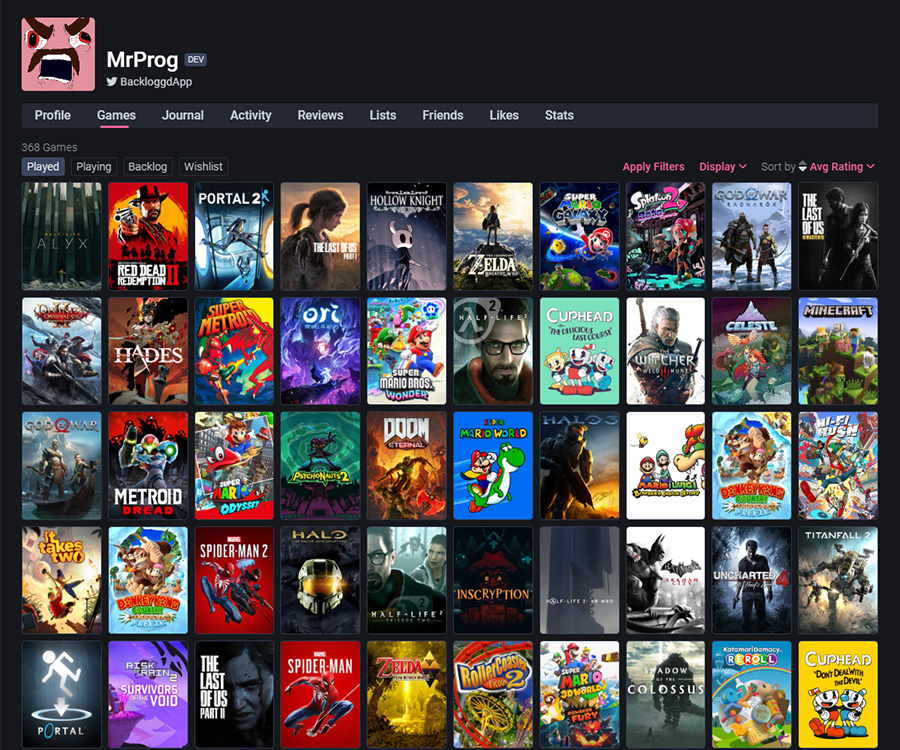
Track your personal game collection
Log any and every game you've played, are currently playing, and want to play. Be as detailed as you want with features such as time tracking, daily journaling, platform ownership and more.
Express your thoughts with reviews
See what everyone is thinking with reviews. Every game has an average rating comprised of everyone's rating to give you a quality score from a glance. Then once you're ready, add your review to define what the game means to you.
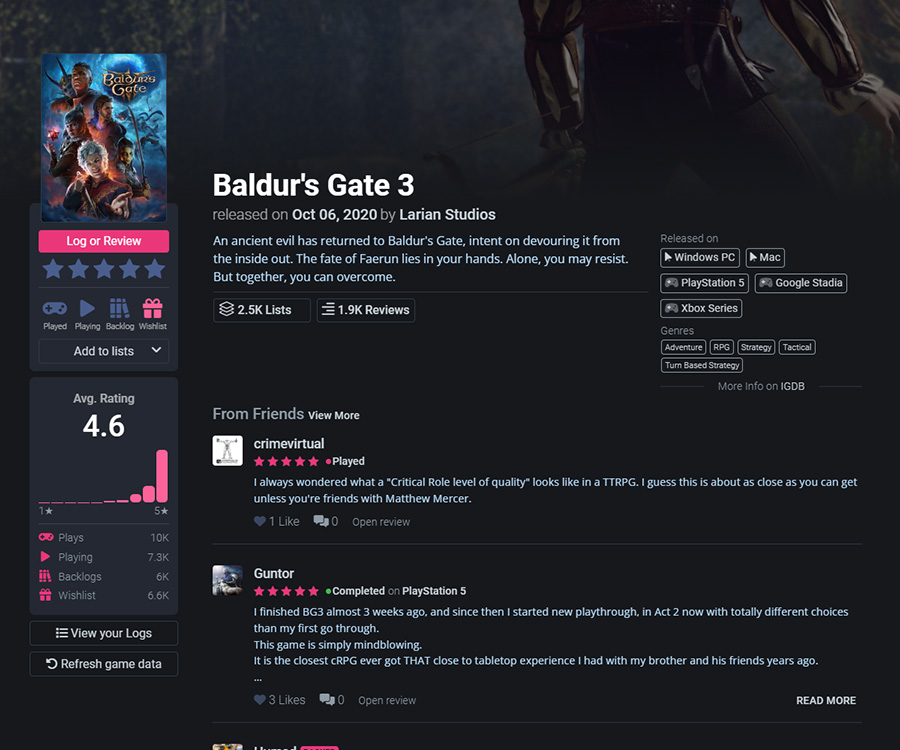
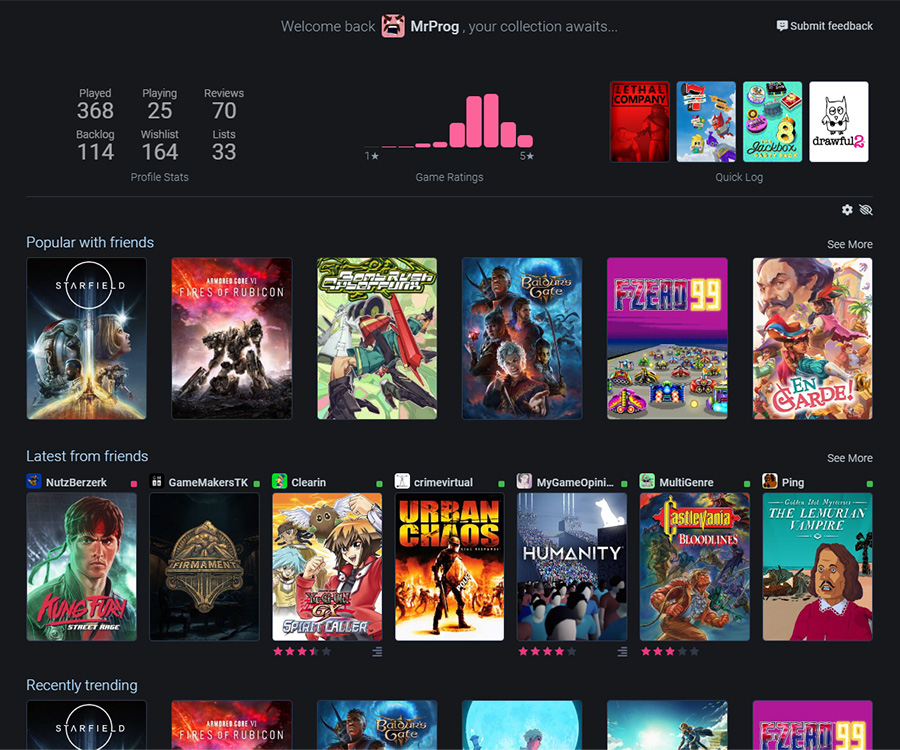
Keep up with the latest from friends
Follow others for an all-in-one activity feed that will keep you updated with their latest gaming progress. Games, reviews, and lists from friends appear directly on your home page so you don't miss a thing.
Create and organize games with lists
Lists allow you to create a custom collection of games with options such as tracking your progress or enabling rankings. You can then decide to share your list with the community or keep it private to yourself.
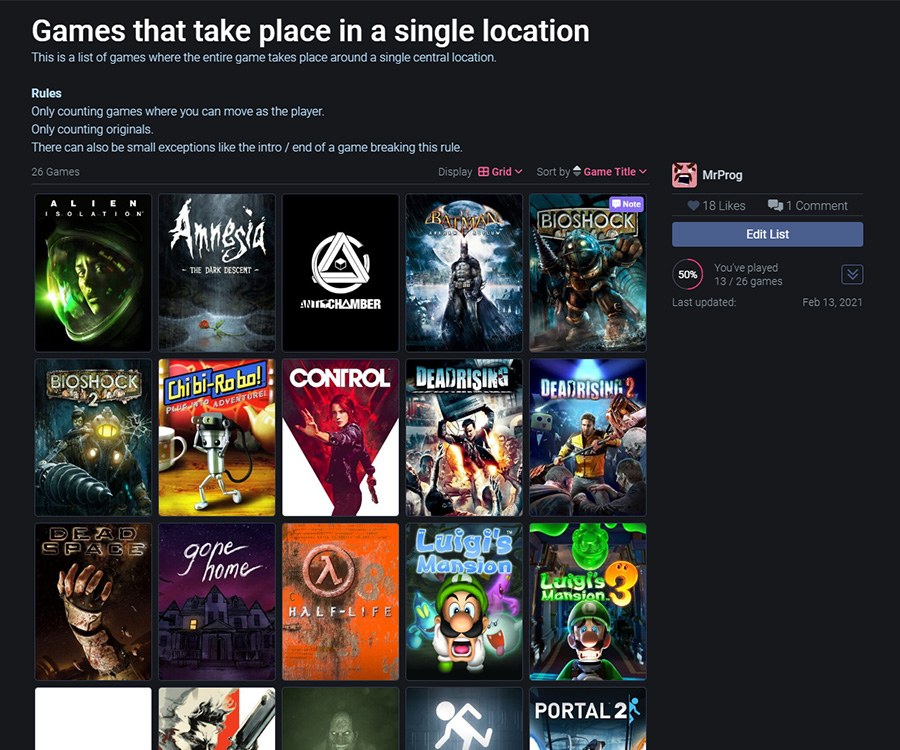
Popular reviews
While I was quick to realize the writing had improved, supported by the fact that the system by which you communicate had been expanded upon and don’t let me forget to mention the great amount of quality of life changes, such as faster movement-/text-speed, being able to tap anywhere on the screen to have dialogue proceed, the item menu scrolling all the way down automatically upon opening it and most importantly being able to interact with the telephone and door from anywhere in Kyle’s room instead of slowly having to walk there every time;
the central mystery did engage me as thoroughly this time around, for most of its runtime. This was weighed down by the fact that the whole mood of the game seemed to be a lot more pessimistic out of nowhere. It starts out with Kyle getting fired and learning about him and everybody living in the apartment complex Cape West being evicted.
Rika Suzuki and her team were obviously aware about this most likely being CING’s swan song, with the tragic closure of the studio not even two months removed from this games release.
Something that becomes clear fairly quickly is that almost every single one of Kyle’s neighbors has some kind of deeper connection to the events of 13- and by extension 25 years ago.
Much like Hotel Dusk The Secret of Cape West isn’t doesn’t shy away from spending a lot of time handing you many questions to ask about the central cast and their involvement in the mystery surrounding the titular building, but unlike its predecessor it isn’t afraid in having that information linger a bit longer than the end of the chapter. This was probably another factor in making me not feel as invested as I should’ve been, but also helped me in being more interested in the cast as people rather than mere objects to help Kyle untangle the web of lies and deceit.
The people living in Cape West aren’t doing so by mere coincidence. It is a place of major importance for most of them, a place that holds great significance to their past, a past they do not want to let go of; but now this complex of memories is set to be demolished in the near future, because of events they have no way to prevent and it is on you to make them able to move on from this place that held such great importance to them for decades.
As I tried to imply, I don’t believe this resembling what the people at CING had to live through during development to be much of a coincidence, making the plot of Last Window a far more personal one to be sure.
Last Window in my opinion almost perfects the gameplay of its predecessor, not limited to the aforementioned quality of life changes.
Talking to other people has improved by not only the greater writing quality, but also the greater variation in how conversations take place. When gathering responses, it is now not only a viable option to not interject with your own questions and instead let your interlocutor think first, or the game may expect you to ask your questions in a certain order to get them to open up to you. These upon many more ways than I would’ve ever been able to think of expand the maieutic conversations of Hotel Dusk and make them feel more real.
Cape West just being bigger than the hotel of last game could’ve resulted in a lot of issues, but these were expertly bypassed by clever game-design, such as not expecting you to check out everything you see anymore, which was a problem I felt with Dusk. Don’t believe this hinders the variety in puzzles this time around, which were more varied and fun to figure out. There is one puzzle-box towards the end of the game which had me use most of the DS’s features in creative ways that weren’t disruptive, but rather insightful in the possibilities to creatively use such features, instead of imposing them on someone just because you can, to solve.
Outside of finding clues feeling like a more organic process this time, I also enjoyed the increased variety here too. Kyle is now able to combine and/or compare two items with each other which was certainly fun, albeit a bit underutilized.
This jump in quality extends to the side quests and mini games too.
While I enjoyed the process of interacting with the vending machine of Hotel Dusk more than solving the crossword-puzzle, simply since it spanned most of the game, I found the rewards to be vastly improved on, implying more than one extra line of dialogue.
The disastrous bowling game was exchanged for genuinely fun billiard and some kind of Game-and-Watch (which I’m not certain on whether it is original), games.
Unfortunately, Last Window did not remedy my biggest issue with its predecessor, being how they handle fail-states. Sometimes in Hotel Dusk when failing a puzzle or asking the wrong questions it would result in a game over, which at worst send you back to the beginning of the whole section. Even worse was how they could sometimes result in the game soft-locking in chapter 2, which almost happened during my playthrough although I luckily saved before. While extreme examples like these do not happen anymore, with the game in the worst case sending you back to right before, they still do not serve any intrinsic value most times. Yes, faster text means I can get back quicker, but why do I still have to reread the whole conversation if I chose the wrong thing to say one time and at the last possible moment, which can now also happen when you interject at a moment you shouldn’t have, which is now a likely option, and makes you commit to do so. This does still mainly serve to waste my time, instead of making me feel like the master detective it was probably intended to, when I finally get back to choose the only other answer.
Although I do acknowledge that they knew this was a problem and tried their best to fix it in the severely strict time frame they probably had to complete the game, which is probably obvious by now, but still somewhat surprisingly a non-factor in the rest of its design and storytelling.
All these improvements on the great groundwork laid upon by Hotel Dusk serve to make Last Window: The Secret of Cape West an incredibly refined piece, which is an easy recommendation to everyone who enjoyed its predecessor and thus,
Much like the Scarlet Star, this would be CING’s last present to the world.
First, the battle system:
I really missed the baton pass in battle. It made each battle feel slower when only one or two party members have effective skills. Plan to use support skills and guarding a lot! In contrast, having fewer elements to play with meant that I was able to hit weaknesses more often, so missing baton pass was more of an annoyance than a real issue.
The dungeons felt like walking simulators. Each dungeon still had a unique look and feel to them, but visiting was similar to doing a Mementos grind in P5. For me, every TV visit boiled down to getting up to the boss floor, leaving to reset HP and SP, and then smashing the boss. By the end of the game, it got pretty old. The extra Golden dungeon has a new mechanic that spices it up a little, I just wish there was more unique stuff like it through the whole game.
As for the social sim parts:
You are encouraged to do a full sweep of Inaba every day since the game doesn't tell you what confidants are available and where they're hanging out, which gets old fast. Thankfully the rural town is not as big as P5's cities, and many of the confidants are locked behind jobs on certain days, so I was usually only checking for 3 or 4 confidants a day.
Evenings are much less valuable than your daytime slot, which introduces more strategy to how you spend your time. This was annoying at first, but I ended up enjoying it more than P5's approach to having similar day-night timeslots. It helps break up the daily monotony and feels more accurate for a high school kid.
Finally, side-confidants (not direct team members) feel far less valuable in P4G. In P5R, every confidant has active and passive benefits for spending time with them. It was often my main reason for spending time with Sun, Fortune, and Temperance. In P4G, each person in your main party can earn abilities like enduring hits and curing stat effects. However, confidants outside your party will only reward you with a fusion XP boost. This severely limited my interest in all 12 confidants, and I usually just spent time with my teammates instead.
I have more things I could rant about, but I don't want this review to be all negative!
Persona 4's story is FANTASTIC and is the sole reason I stuck with it to the end (No spoilers here). I was sick and binged it for a week, but the story gripped me so hard that I couldn't stop playing it after I got better. I dunno about you, but if a game can convince me to play it every day for two weeks straight, there's something extremely special about it.
I wish they elaborated more with the TV at Junes and how the team was able to enter it so many times while staying unnoticed. Like, wouldn't there be security cameras? In P5, the team changes hideouts several times, but that didn't happen here. This was the only plot hole I found though, and I thoroughly enjoyed piecing together the murder case clues. The case never felt too hand-holdy while staying relatively easy to deduce on your own!
I wrote way more than I thought I would oops. I cannot recommend P4G to first time persona players; P5R has way more polish that makes it an easy recommendation over P4G. BUT... If you enjoyed P5R and want more from the franchise, P4G is a great time if you can stick with it. I came away from this game with a much higher appreciation for the series' history and brilliantly intertwined mechanics!
For the most part though, Naughty Dog learned from their mistakes. Honestly, they may have understood the appeal of Donkey Kong Country better than its own creators. Rare’s obsession with collectibles and bigger = better design killed any hopes of receiving a 3D adaptation of the tight rollercoaster gameplay from them, so thank goodness for the Crash franchise.
Popular lists
Coming soon
Jul 30
Jul 30
Jul 31
Jul 31
Aug 1
Recently anticipated
Dec 31 2025
Sep 6
Dec 31 2025
Dec 31 2025
